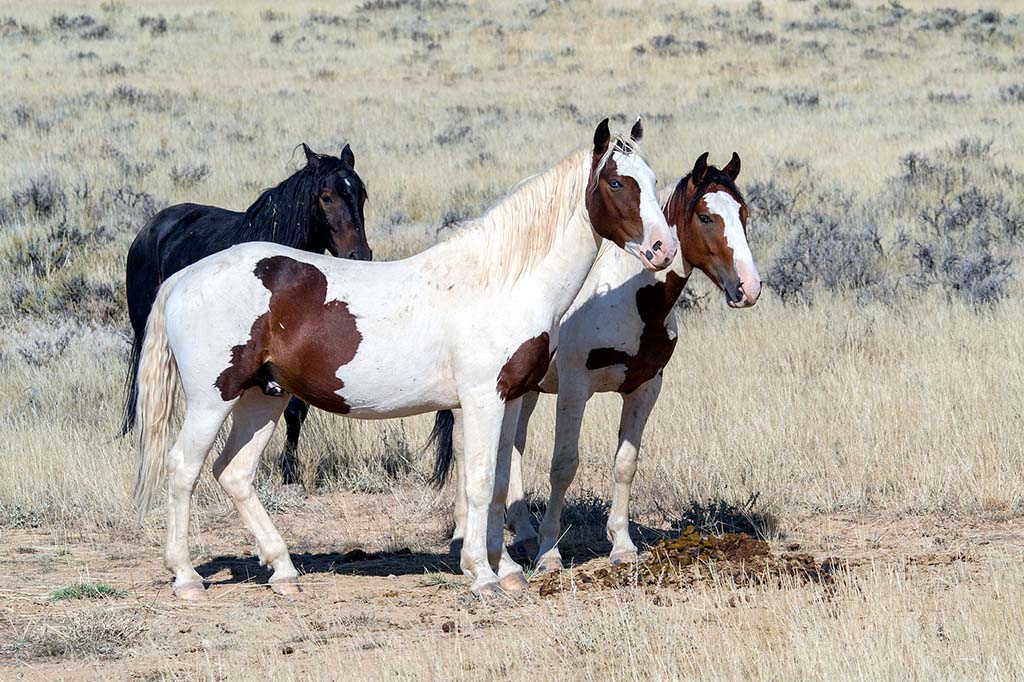The American Wild Horse Campaign (AWHC) today the following statement in response to a proposal by cattlemen’s lobbying groups, the ASPCA, Humane Society of the U.S. and Return to Freedom, a California wild horse sanctuary, for the future management of America’s wild horses and burros:
“As the nation’s largest wild horse preservation organization, we unequivocally oppose a plan by the cattlemen’s industry and several large “humane” organizations for the mass roundup and removal of America’s iconic wild horses and burros from our Western public lands. This plan is an irresponsible sell out of America’s wild horses and the 80 percent of Americans who want them protected in the wild.
By mandating the removal of a startling 15,000 – 20,000 wild horses per year, the plan will result in the reduction of America’s wild herds to extinction levels. In addition, the fiscally irresponsible and unscientific plan would more than double the number of wild horses in expensive government holding pens, with no long-term guarantees for their humane treatment or protection from slaughter.
The groups promoting this plan have been co-opted into supporting the livestock industry’s agenda for wild horses by the BLM’s vague promise to utilize undefined “population growth suppression” methods, some of which — like surgical sterilization — BLM has promoted despite scientific and animal welfare concerns. These groups do not represent the views of the vast majority of horse welfare organizations, over 100 of whom signed a 2017 Unified Statement of Principles opposing mass removals of wild horses from the range.
The American Wild Horse Campaign remains committed to our mission of keeping America’s wild horses wild and we will continue to vigorously fight for them and against misguided plans that will result in their harm or destruction.”
The American Wild Horse Campaign (AWHC) is the nation’s leading wild horse advocacy organization, dedicated to defending America’s wild horses and burros to protect their freedom, preserve their habitat, and promote humane standards of treatment.





